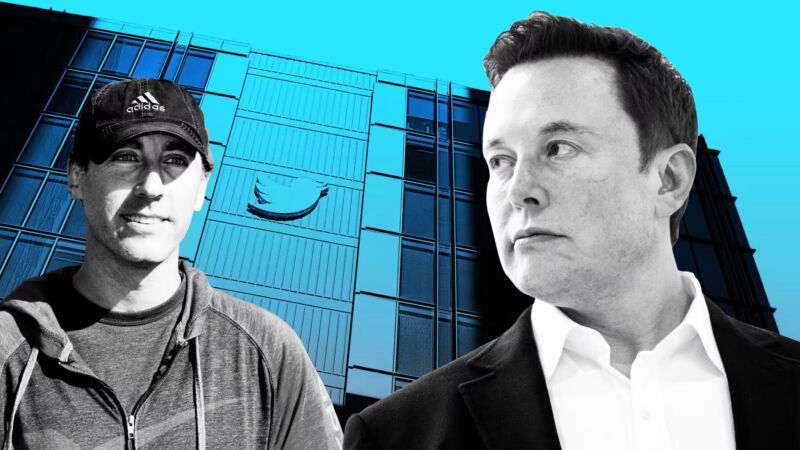
From a secretive “war room” at Twitter’s San Francisco headquarters last month, Elon Musk’s trusted lieutenants pored over a list of employees, showing how much they cost the social media company.
The billionaire owner’s “transition team,” headed by Steve Davis, who leads the Musk-owned Boring Company, then began to phone staffers. Some were asked to justify their role; others to recommend which colleagues to retain.
Those deliberations informed Musk’s latest layoffs at Twitter, as part of his efforts to bring the lossmaking company to financial health while also battling an advertiser exodus and unwieldy debt servicing bill.
The February cuts removed more than 200 staff but were still broader and deeper than many employees had anticipated, because they came after Musk had already laid off half of the company’s 7,500 workforce following his acquisition of Twitter in October. The move wiped out large swaths of its business development and product teams, leaving Twitter leaner—and more unstable.
This account of the billionaire’s ongoing efforts to wrestle Twitter’s finances under control with his inner circle is based on interviews with current and former Twitter staffers, people aware of Musk’s thinking, and his public statements on Twitter and to investors.
Musk, Twitter, and most members of the transition team did not respond to a request for comment.
Formed in November, the transition team has often refused to immediately pay many of Twitter’s vendors, landlords, and partners in the hope of keeping down costs, in some cases irking clients and leading to frosty stand-offs.
This push comes as Twitter is expected to roll out new equity compensation packages for employees in late March, said two people familiar with the situation. For tax purposes, Twitter is in the process of calculating a new valuation to price the common equity in the business, which determines the value of staff stock options, the people said. One of them said the valuation would probably be far lower than the $44 billion acquisition price.
At an investor conference hosted by Morgan Stanley last week, Musk said he had cut non-debt expenditures to $1.5 billion, from the $4.5 billion that he claimed it would have otherwise incurred in 2023, adding that Twitter could reach positive cash flow by the second quarter.
reader comments
387